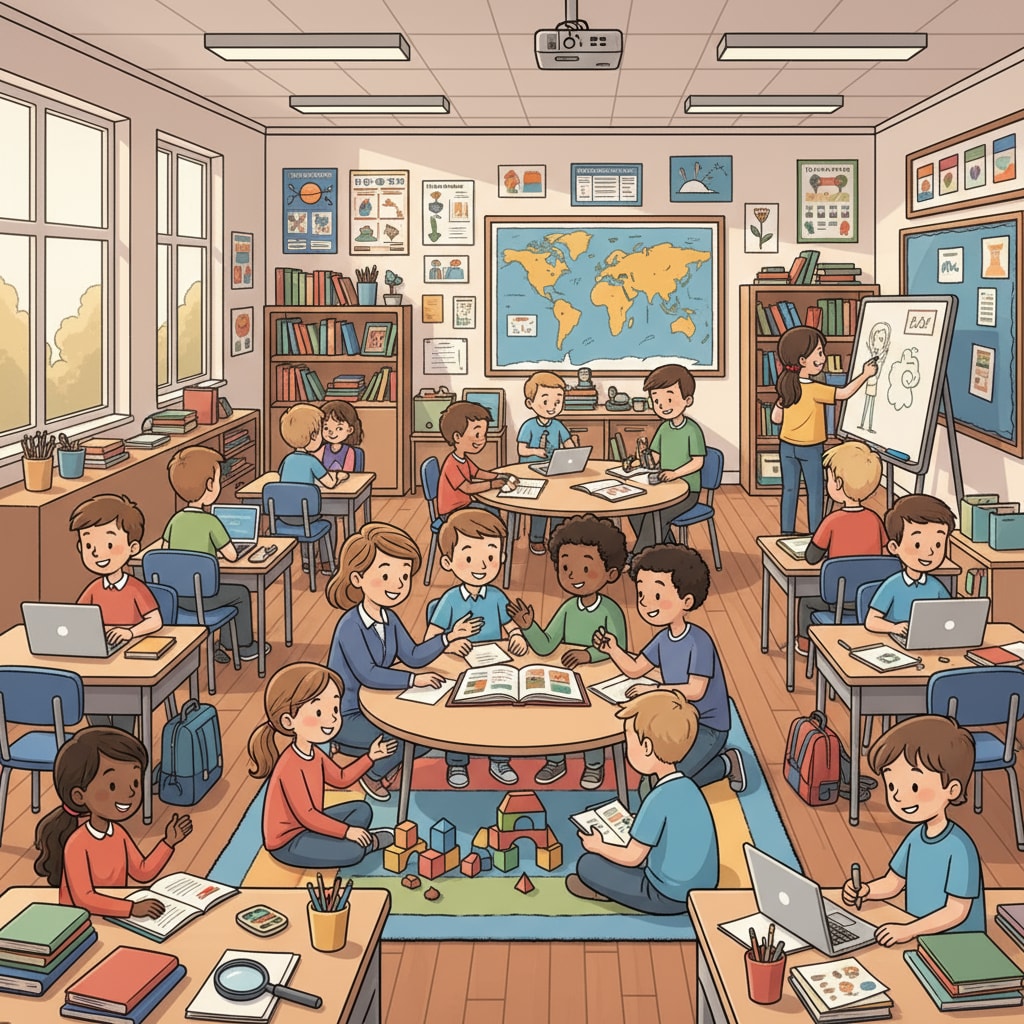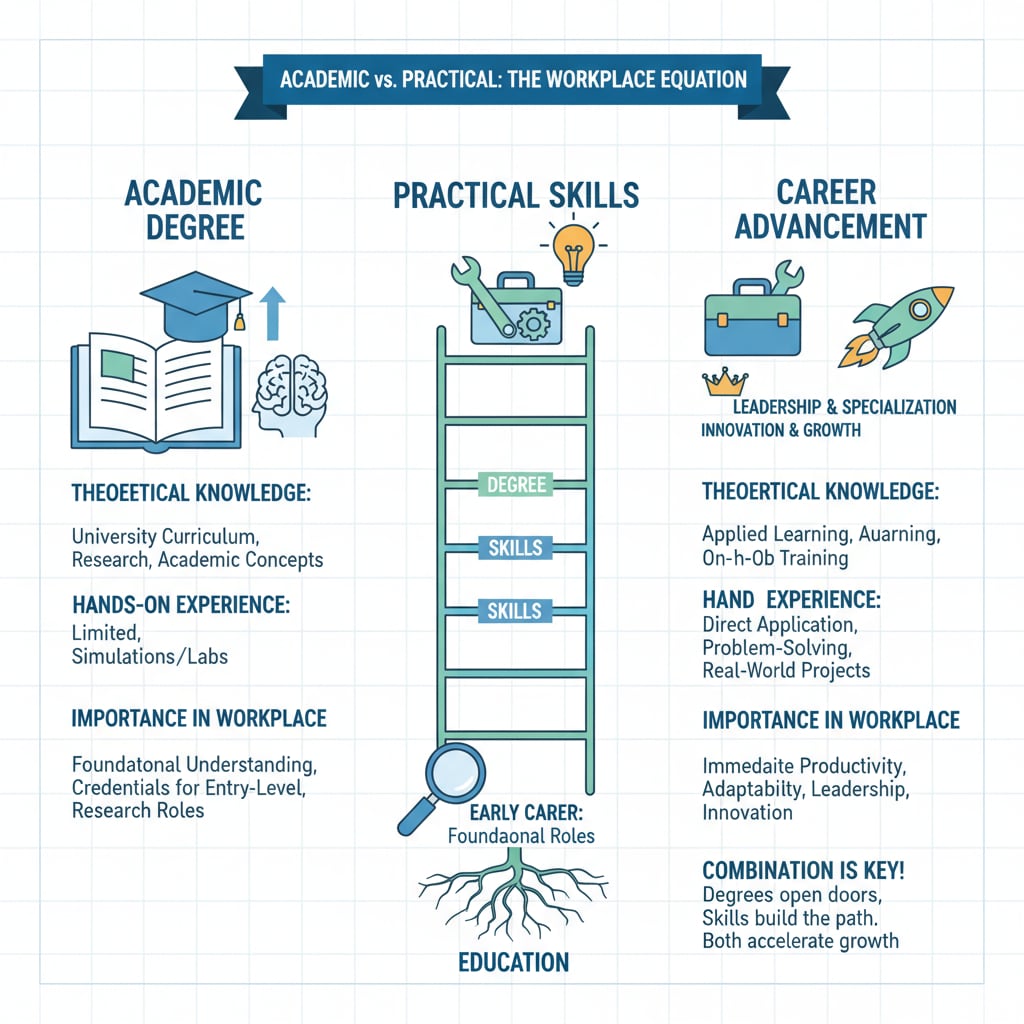In the modern workplace, the concepts of educational requirements, career development, and continuing education are intertwined. As the job market becomes increasingly competitive, the question of whether academic qualifications or practical abilities hold more weight has become a significant concern for many professionals. K12 education, which encompasses primary and secondary education, plays a vital role in shaping an individual’s future career path.

For instance, K12 education on Wikipedia provides a comprehensive overview of its structure and significance.
The Battle Between Degrees and Skills
Many employers today set high educational requirements as a screening criterion. A degree, especially from a prestigious institution, is often seen as a sign of intelligence, perseverance, and the ability to learn. However, practical skills and real-world experience are equally crucial. For example, in the technology industry, a candidate with hands-on coding skills and a portfolio of projects may be more valuable than someone with just a theoretical understanding from a degree program. As a result, there is a growing disconnect between what is taught in schools and what is needed in the workplace.

The Impact of K12 Education on Future Careers
K12 education serves as the foundation for an individual’s knowledge, skills, and character development. During this stage, students acquire fundamental literacy, numeracy, and critical thinking skills. These skills are not only essential for further education but also for future career success. For example, strong communication skills developed in K12 can help individuals better express themselves in job interviews and perform well in team projects at work. According to Education on Britannica, a well-rounded K12 education can open up a wide range of career opportunities.
However, the current K12 education system often faces challenges. It may be too focused on rote learning and standardized testing, leaving little room for the development of practical skills and creativity. This means that students may graduate from high school or college with excellent grades but lack the ability to solve real-world problems. Therefore, there is a pressing need for K12 education reform.
In conclusion, the relationship between educational requirements, career development, and continuing education is complex. K12 education has a long-term impact on an individual’s ability to thrive in the workplace. By reforming the K12 education system to better balance academic learning with practical skills training, we can better prepare students for the challenges of the modern job market. This will not only benefit individuals in their career pursuits but also contribute to the overall development of society.
Readability guidance: Using short paragraphs and lists helps summarize key points. Each H2 section provides a clear focus. Controlling the proportion of passive voice and long sentences improves readability. Adding transition words throughout the text enhances the flow of ideas.


